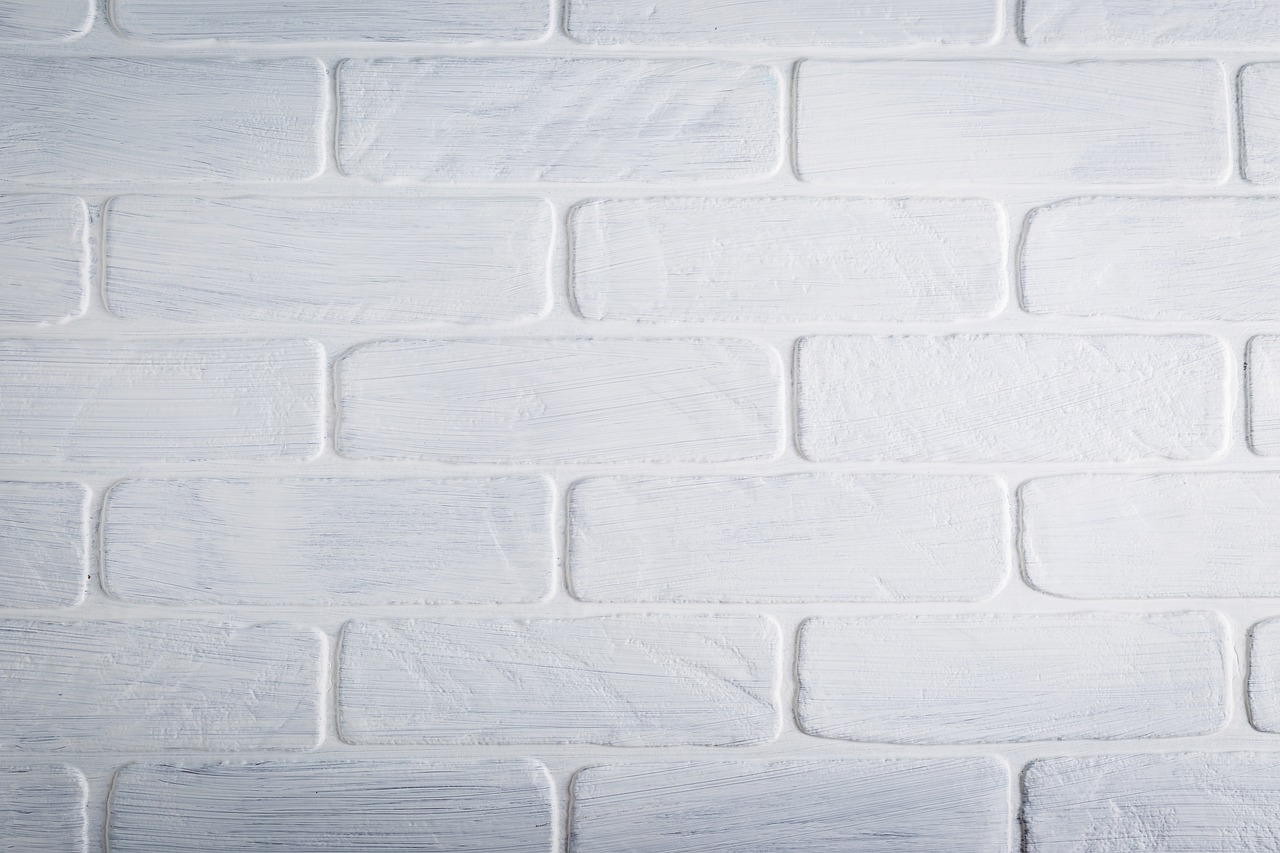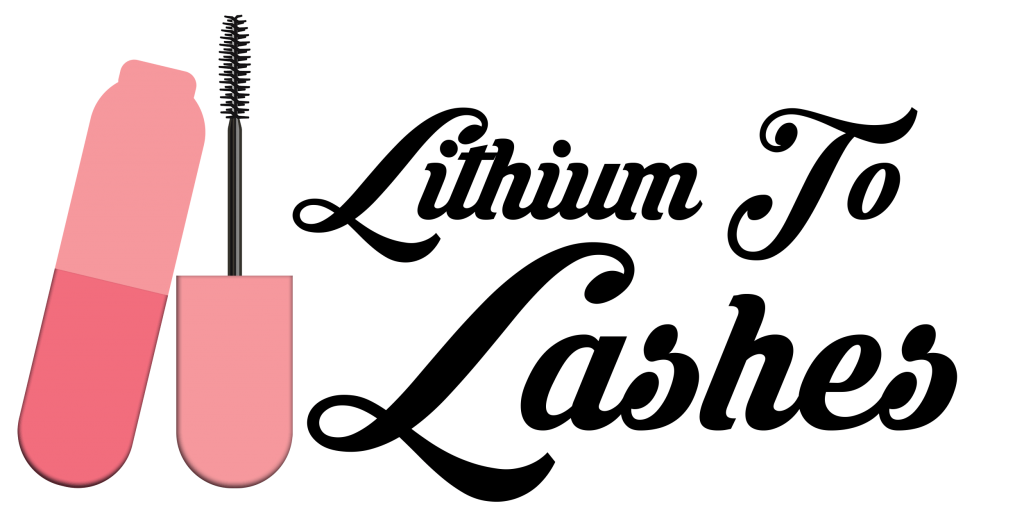So I understand that not everyone is going to be upset or disgusted by the recent Shea Moisture ad. However, don’t try to silence or dismiss those airing very real grievances. This is not at all a new concept, and I’m almost positive one of your fav brands has done something similar.
First off let’s discuss why the actual ad was so insulting. This “hair hate” thing. There has been a huge push from white women trying to co-opt the natural hair space. From using the term “natural hair”, which on the surface shouldn’t be a problem. But the natural hair movement is a direct response to Eurocentric beauty standards that tell us OUR natural hair is ugly and needs to be straightened to fit into societal standards. Up to white women coming into spaces specifically created for Black women with natural hair and derailing conversations, interjecting snide racist comments, trying to “out oppress” us, and playing victim when called out on bs.
This isn’t some new phenomenon, it is as predictable as hipsters in Bedstuy. Black culture has set the standard for “cool” for decades, if not longer, in the Western world. It has always, then, been snatched up in the capitalist whirlwind and milked until the soul of it, and it’s origins, are removed. Only for capitalism to look for another trend, culture, or tradition to monetize.
Think about things like Afro Punk Festival. For years Afro Punk put on amazing, peaceful, and free festivals with little to no corporate backing. They were kept going by the Black people who donated their time and money to see them survive. But in recent years as it’s presence and social media capital grew, white run corporations decided it was prime marketing real estate. The bigger the sponsors the bigger the white audience became. And with that came, high ticket prices, invasive security patdowns, fewer Black owned businesses being able to afford vendor fees, and more white people coming in and treating the festival and it’s participants as some wild safari. Making the space no longer a comfortable and carefree experience.
Look at gentrification. It’s the Shea Moisture debacle on a macro scale. Predominantly Black neighborhoods being “chosen” as the new hip place to be, but only if there are no more Black people there anymore. We are pushed out of the places and things we made popular and hold dear. Then just like when Shea Moisture started changing their formulas to work on other hair types, gentrifiers change the landscape to be more palatable to white people.
None of this needs to be done. White folks were already buying Shea Moisture products and raving about them when they weren’t the core group being marketed to. There was no need to 1. start changing the formulas 2. erase the women who had been their core and most loyal customer base from branding and marketing campaigns. Yes, brands can be inclusive, but inclusivity does not stop at racially ambiguous, loosely coiled hair women and white women.
This same issue can be found with Carol’s Daughter, Black Opal, hell, even MSNBC. Far too many brands are comfortable using Black people to get on and gain traction, only to throw us under the bus to go “mainstream.” As if we are a subculture.
When we bring these types of issues up we are often told we are being divisive, making a big deal out of nothing, or distracted from the “real” issues. I say, that those who think this way are the ones so distracted that they can’t see our livelihoods, safe spaces, homes, and economic power being stripped from us one blonde woman at a time.
If you aren’t personally upset, that’s your prerogative. But instead of arguing with those that are, you can always keep scrolling.







Let me know what you think